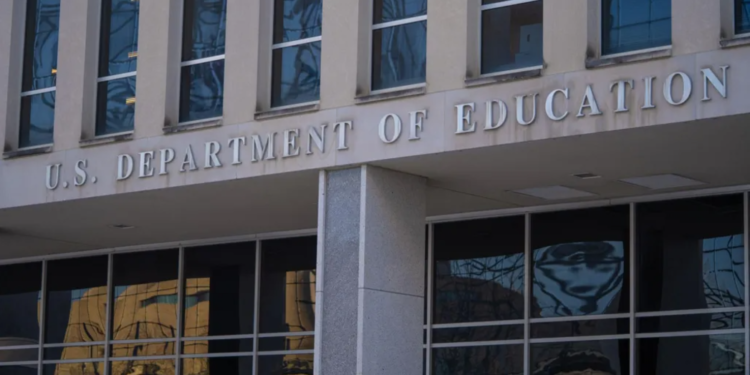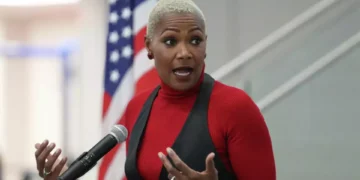Nov 21, 2024 Story by: Editor
One of the prominent promises made by President-elect Donald Trump during his campaign was to dismantle the US Department of Education. This federal agency, created in 1979, plays a crucial role in funding public schools, managing student loans, and supporting programs for low-income students.
Trump has accused the department of “indoctrinating young people with inappropriate racial, sexual, and political material.” However, eliminating the department would require congressional approval, presenting a significant challenge for the incoming Republican president.
On his own, Trump cannot shut down the department. He would need congressional approval, likely requiring a supermajority of 60 out of 100 senators. While Republicans control the Senate, they do not hold the necessary 60 seats, meaning Trump would need some Democratic senators to support the move—an improbable scenario. Even in the House of Representatives, securing enough backing would be difficult. A previous vote to abolish the department introduced as an amendment to another bill, failed when 60 Republicans joined all Democrats in opposition. This makes it likely that Trump’s pledge will remain largely symbolic.
The Department of Education oversees student loan programs and provides Pell Grants, which help low-income students pursue higher education. It also funds initiatives supporting students with disabilities and those living in poverty. Moreover, the department enforces civil rights laws to prevent race or gender-based discrimination in federally funded schools. In fiscal year 2024, the department’s budget was $238 billion (£188 billion), accounting for less than 2% of the federal budget.
The idea of abolishing the Department of Education is not new among Republicans. During Ronald Reagan’s 1980 presidential campaign, he advocated for its closure. Critics within the party accuse the department of promoting “woke” ideologies, particularly around gender and race, and believe educational authority should be returned to individual states, which handle most education matters. Conservatives also argue that the department’s loan administration should be transferred to the US Department of Treasury, while civil rights enforcement should be the Department of Justice’s responsibility. Trump’s allies are also pushing for expanded school choice, allowing families to choose alternatives to public schools. Source: BBC

















